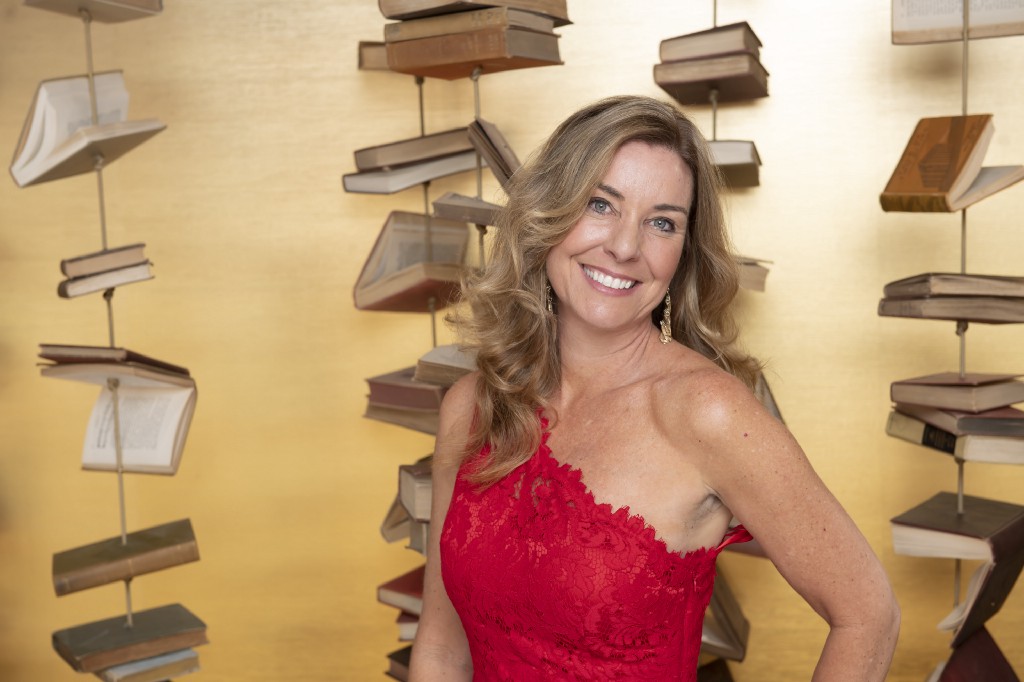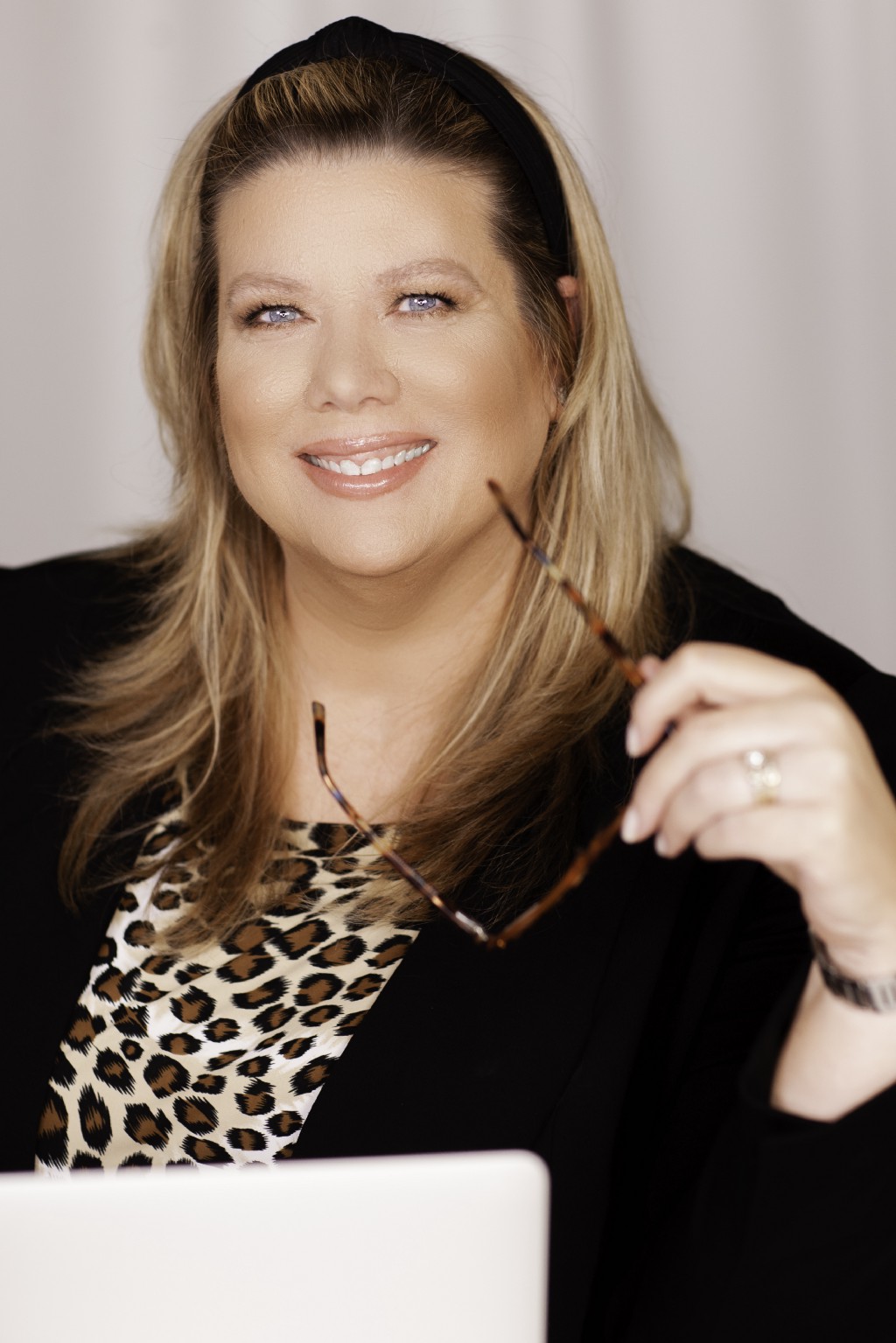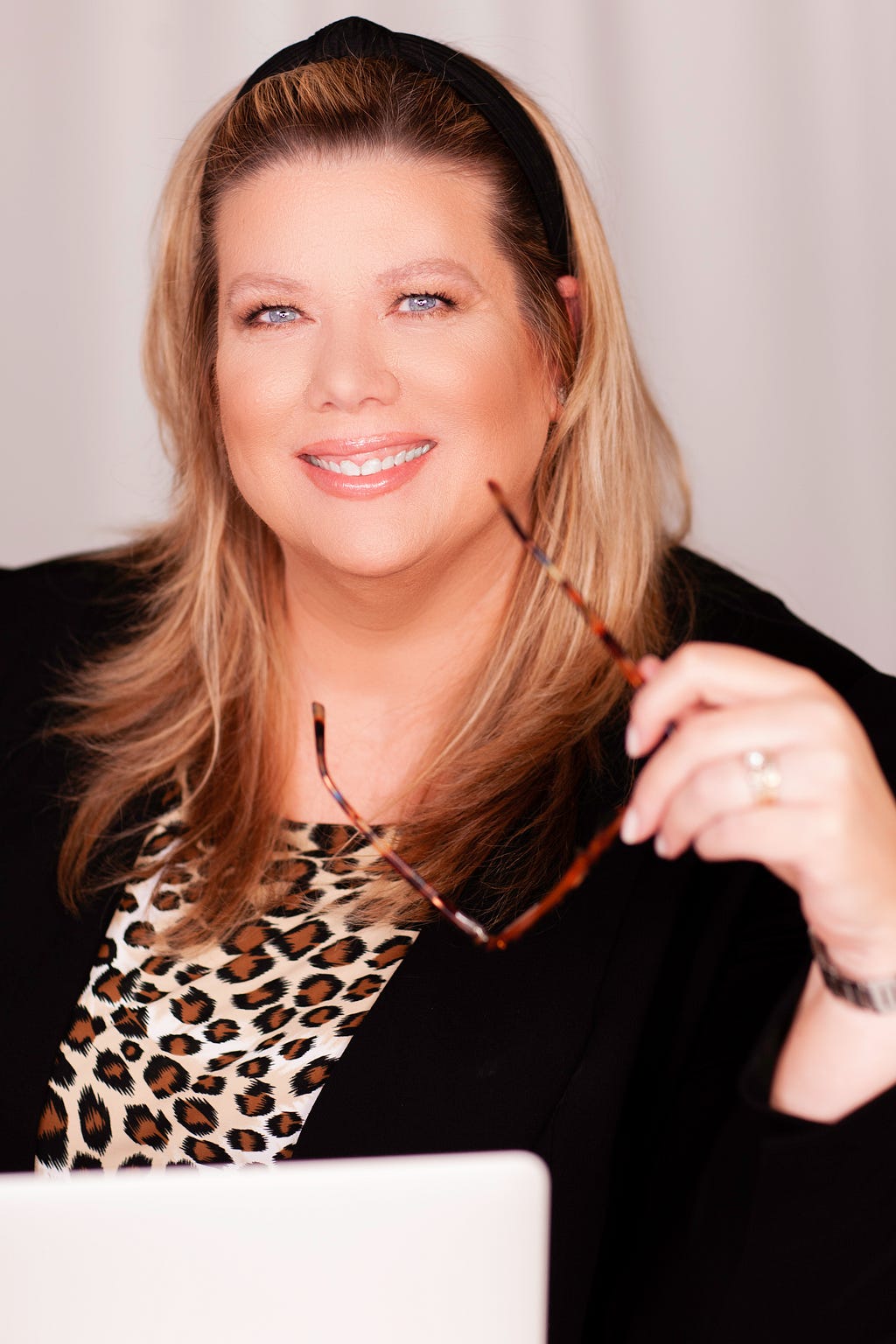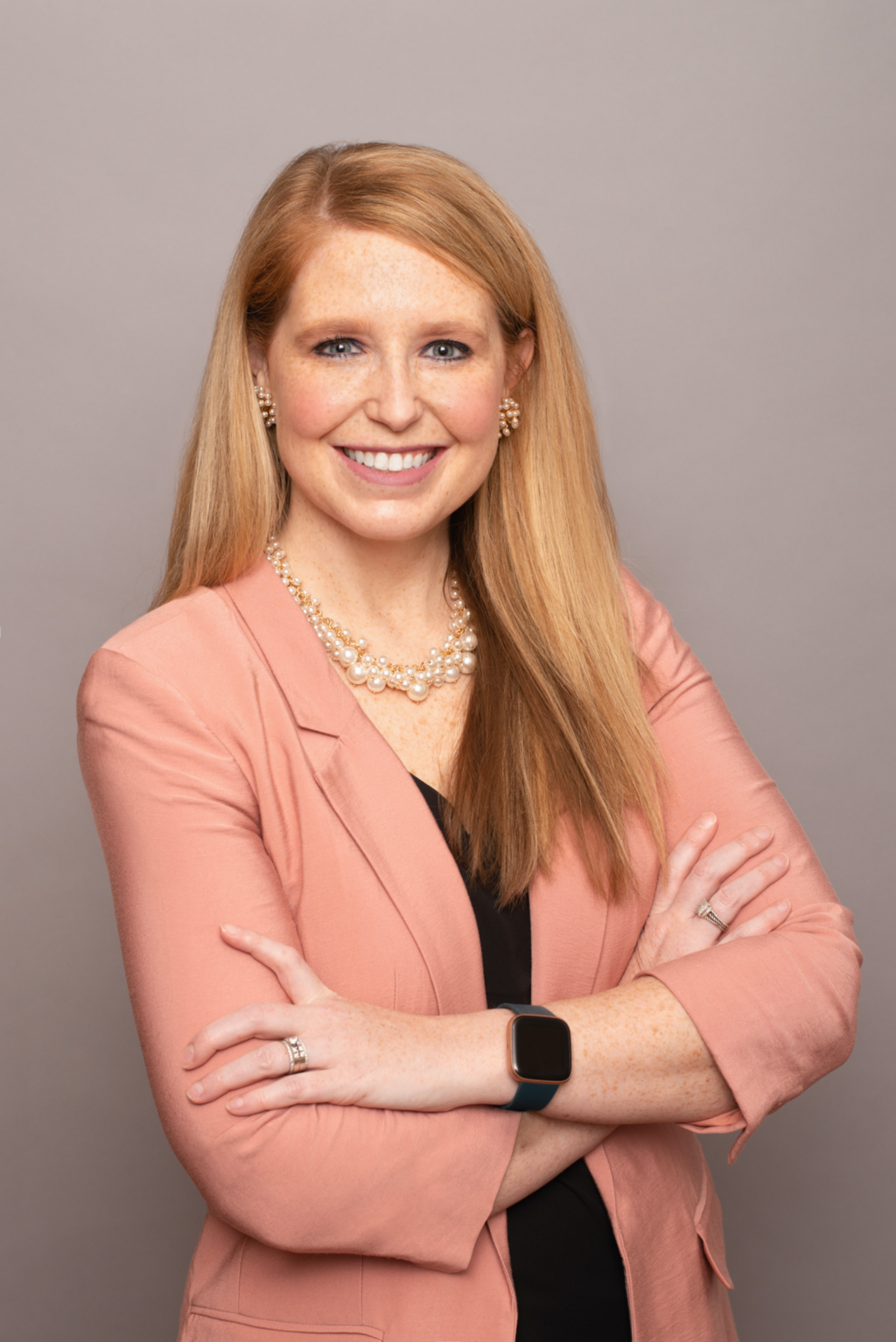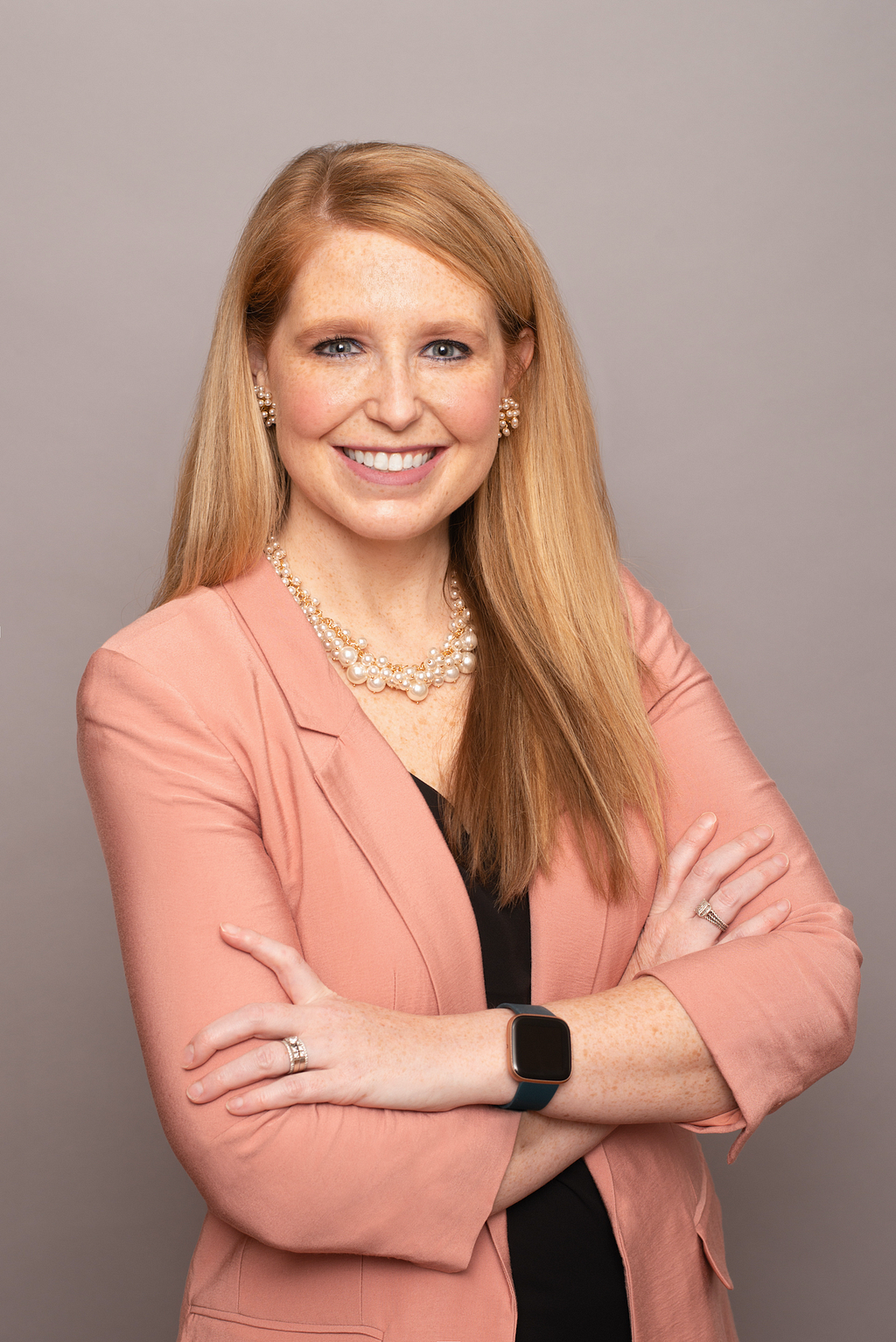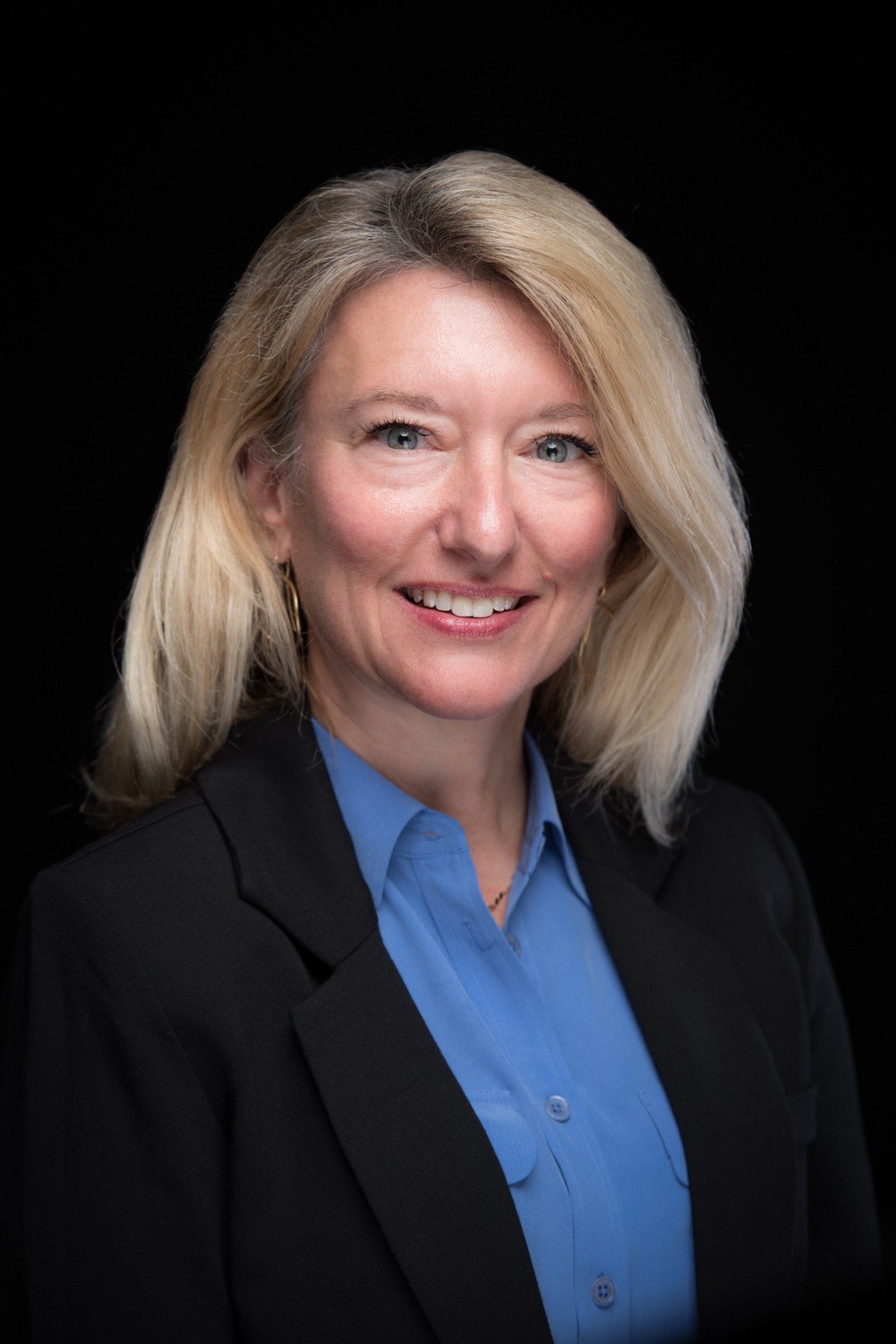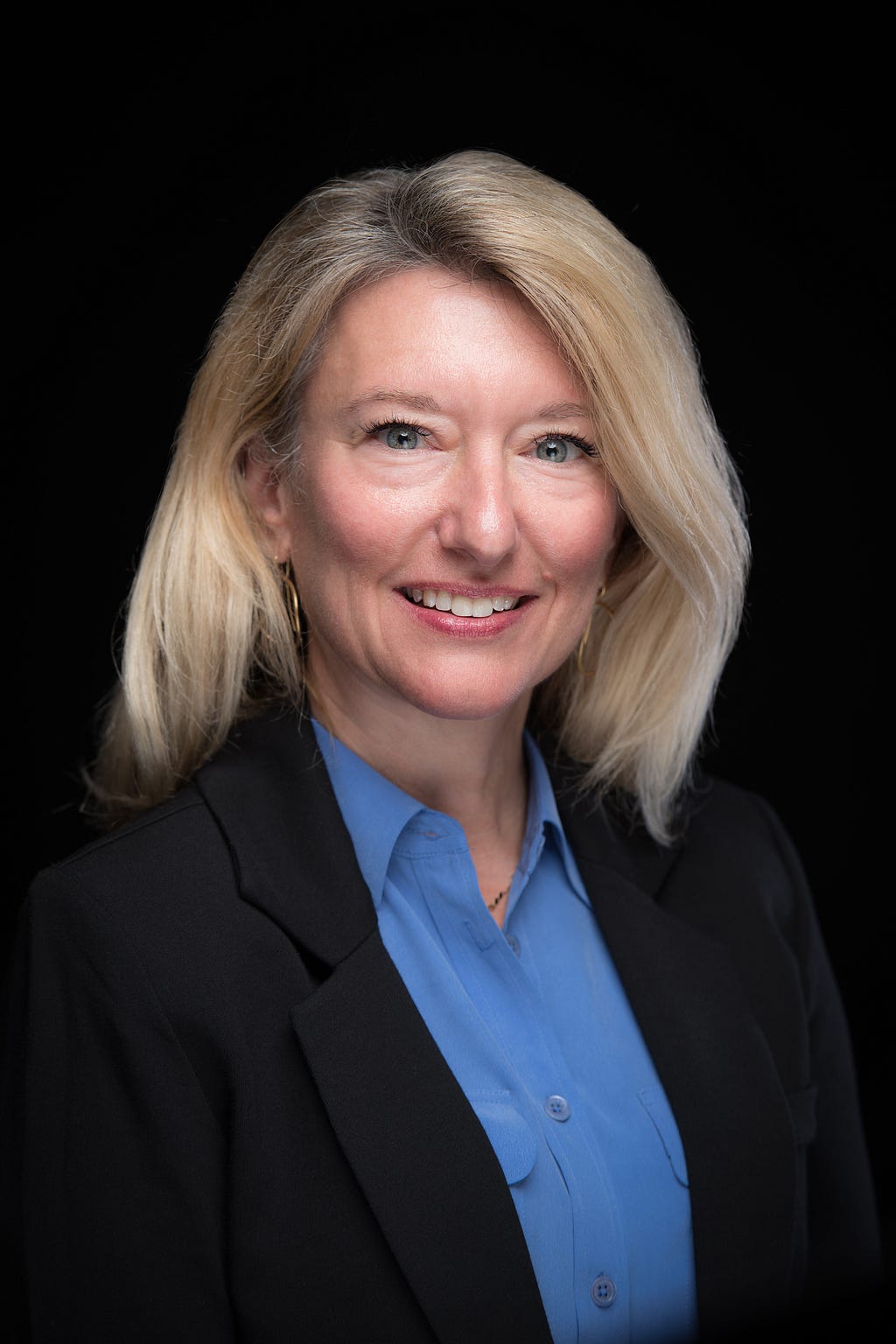Shawna Robins of Kaia Health and Wellness: 5 Lifestyle Tweaks That Can Dramatically Improve Your Wellbeing
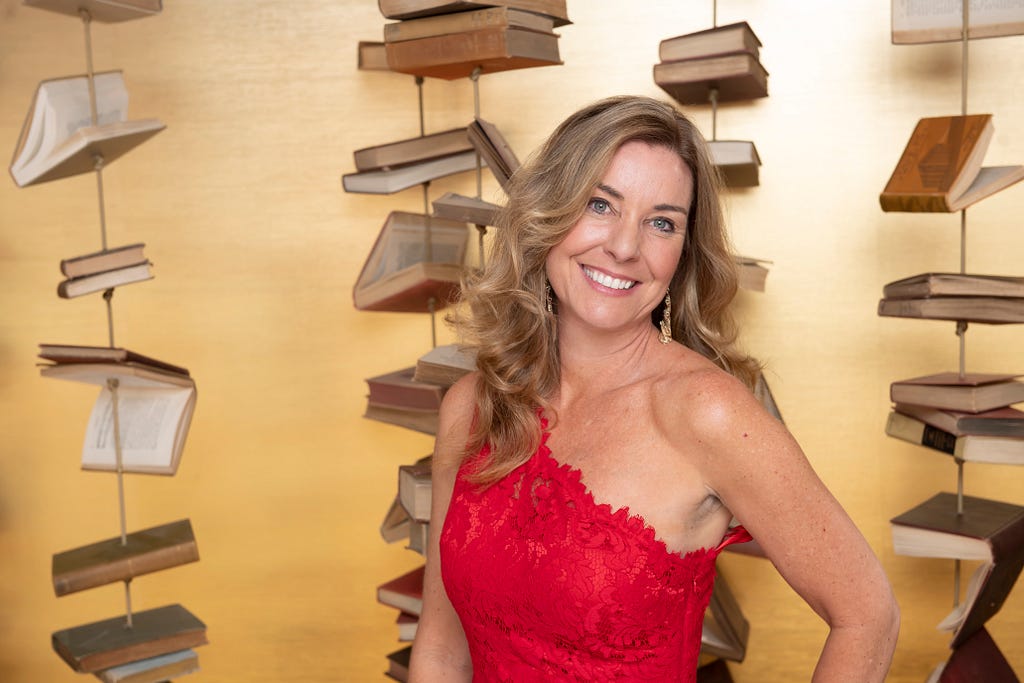
The majority of women in the western world are suffering from the Superwoman Syndrome. What is this? It is social role that was created in the early 1980’s when women hit a 2nd wave of feminism. The desire to “have it all” — a high level career, children and marriage became attainable for millions of women for the first time in history. But now, almost 40 years later, women are sicker today than any other previous generation. Why? Because women carry the majority of the workload (both emotional and physical) at home on top of the stress of the workplace. They show up for everyone but themselves. They have an inability to delegate, ask others for help, outsource housework or cooking, meal prep, groceries and have consistent emotional support from their family and friends. This causes millions of women to develop chronic diseases many years before men do.
As a part of my series about “5 Lifestyle Tweaks That Will Dramatically Improve One’s Wellbeing”, I had the pleasure of interviewing Shawna Robins.
Shawna Robins is a #1 best-selling Amazon author, National Board-Certified Health and Wellness Coach and CEO of Kaia Health and Wellness. She supports accomplished women who want to create their own roadmaps to better health so they can prevent disease and increase their energy and vitality. Shawna’s best-selling book, Powerful Sleep — Rest Deeply, Repair Your Brain And Restore Your Life teaches women how to make powerful lifestyle changes that will help restore their sleep. A free copy of her book can be downloaded at http://www.powerfulsleepbook.com.
Thank you so much for doing this with us! Our readers would love to “get to know you” a bit better. Can you share with us the story about how you first got involved in fitness and wellness?
Can you share the most interesting story that happened to you since you started your career?
2020 has been a very intense and interesting year. I published my book, Powerful Sleep — Rest Deeply, Repair Your Brain, Restore Your Life on March 12th, the day the pandemic was declared. I was in Washington D.C. with my publisher and all the stores were closed and the streets were empty. It was very eerie. We had no idea if book retailers would re-open again or just fade away. Luckily, the topics of sleep, immune support, stress reduction, diet, nutrition, health and wellness have all taken a front row seat in everyone’s minds. So, I have been able to help many more people get their health back on track during this challenging time.
Can you share a story with us about the most humorous mistake you made when you were first starting? What lesson or take-away did you learn from that?
I am always working on my growth mindset — so mistakes are welcome in my life and my business. I see them as opportunities to show me where I can build more success. Sometimes I make mistakes in my custom videos that I record each week for my signature program, Health Your True Wealth. I accidentally mix up words, my cat likes to jump up on my desk, she bites at my foot or my kids are yelling all while I am recording or going live on Facebook or Instagram. I try to keep it as real as I can. I don’t edit or make any changes. Last week my daughters were both carving pumpkins and started throwing the seeds and guts at each other while I was doing a live video in the next room. At first, I was very annoyed with them, but their laughter and joy just melted my frustration. Working from home now and being around my kids helps keep everything I do more relaxed, authentic, funny and realistic.
Can you share with our readers a bit about why you are an authority in the fitness and wellness field? In your opinion, what is your unique contribution to the world of wellness?
I am a National Board-Certified Health and Wellness Coach; #1 Amazon best-selling author and graduate of the Institute for Integrative Nutrition and I genuinely love to be in service to people who are motivated to stay healthy. By teaching them powerful lifestyle changes, they can live a more vibrant life, free of pain and disease. I have lived through a cancer diagnosis which set me on this path to educate myself as to how we can prevent disease before a diagnosis. My knowledge came into play when my father was diagnosed with Alzheimer’s Disease. I’ve helped him in his fight using lifestyle changes. I deeply believe in the body’s ability to heal itself when given the right tools.
None of us are able to achieve success without some help along the way. Is there a particular person who you are grateful towards who helped get you to where you are? Can you share a story about that?
My biggest inspiration in my life is my father. He was very successful entrepreneur, mentor, philathoper and leader. When he was diagnosed with Alzheimer’s Disease at the age of 64, he made some significant changes to his diet, sleep, stress management and exercise that have helped to prolong his longevity and quality of life. He is now 10 years past this diagnosis and still fighting this devastating disease like a champion. He inspired me to write my book about sleep, nutrition and brain health. His tenacity, perseverance and ability to shift and grow with every new challenge shows me how powerful a growth mindset can truly be.
Ok thank you for all that. Now let’s move to the main focus of our interview. We all know that it’s important to eat more vegetables, eat less sugar, exercise more, and get better sleep etc. But while we know it intellectually, it’s often difficult to put it into practice and make it a part of our daily habits. In your opinion what are the 3 main blockages that prevent us from taking the information that we all know, and integrating it into our lives?
The first blockage I usually see is that people start off strong with high motivation levels but then it fades over time. To make lasting lifestyle changes that will create long-term health and vitality, I tell my clients to pick only 2–3 small changes they can make so they feel successful and start to see immediate improvements. Too many times people jump into a new diet or exercise routine only to give up after a few weeks. It becomes too hard to sustain and the results are not quickly attainable. By taking smaller steps and building slowly over time, successful outcomes increase, confidence increases, and motivation is much higher. I remind them that “Rome was not built in a day.” Bad patterns need time to be replaced by new, healthier neuropathways.
The next blockage is to asses a client’s stress level. Everyone has a different level and tolerance for stress. If a client’s stress level is causing them to eat sugar and carbs for comfort, do mindless activity like online shopping or Netflix bingeing, or consuming too much alcohol to relax, the best thing to do is identify the stress trigger and find a stress reduction technique that they like and can use every single day. By looking honestly at the underlining stress and its triggers, my clients can feel empowered to make better, healthier choices.
The third biggest blockage I see is unresolved childhood trauma. Many of my clients have suffered from “Adverse Childhood Experiences” (or ACE) and have high ACE scores. It’s incredibly important to know what your personal ACE score is and to find a good qualified therapist to help you resolve any childhood trauma. You might think that your trauma was “in the past” but it actually lives on in your cells. It can augment your DNA and shorten your lifespan. This is true for generational trauma as well. There are many websites that offer the ACE test and I encourage all of my clients to know their scores before we begin working together. Resolving childhood trauma is one the best ways to improve your health and longevity.
Can you please share your “5 Non-Intuitive Lifestyle Tweaks That Will Dramatically Improve One’s Wellbeing”? (Please share a story or an example for each, and feel free to share ideas for mental, emotional and physical health.)
https://www.youtube.com/watch?v=GwbXQ-Bywig
My top 5 non-intuitive lifestyle tweaks that will dramatically improve your wellbeing are very simple: less is more, develop stress management skills, create healthy sleep habits, build a community and stop suffering from the Superwoman Syndrome. So, let’s dive into each one.
First, the idea is novel in our western society but truly less is more. And it applies to almost all of our daily lifestyle choices — less meat, less dairy, less processed foods, less soda, less caffeine, less alcohol. Pick 2–3 things on this list and try to cut your consumption in half. We are always so focused on “more is better.” But the power lies in what you take away that creates more balance, health and wellness. I especially love the idea of fasting, where you simply remove eating food for a certain number of hours each day. By not eating for 12 or more hours, your body can trigger its rest and repair mechanism call “autophagy” and heal many imbalances, remove toxins and rogue cancer cells and stimulate the growth of new stem cells.
Second, as my cardiologist client tell me, “stress is worse for your body than cheesecake.” And I wholehearted agree. We all have very high levels of chronic stress which leads to a higher level of inflammation, exhaustion, burnout and a shorter life expectancy. Therefore, find a stress management technique that you love and do it every single day. It could be exercise, gardening, reading, meditation, breathwork, yoga, music, gratitude journaling. Anything that helps you to calm down your nervous system, lower cortisol levels and feel peaceful. Commit to it every day, 7 days a week. For me, I use a meditation app to help me release stress from each part of my body while I breathe slowly. This makes me feel centered, takes only 12 min and is easy to fit into my lunch break. Convenience and ease help me to stay on track when life tries to pull me off.
Third, you must learn to develop healthy sleep habits. So many people are not getting the 7 to 9 uninterrupted hours of sleep that they need to stay healthy. Sleep is an active time for your brain to clean and repair tissues, store memories, and regenerate itself. It is also the time when your gut makes important immune cells. So, it is impossible to be healthy if you have disturbed or shortened sleep. Some important tips for better sleep are no eating or drinking anything 3 hours before bed, no blue light in the evenings, make sure to get 30–45 min of cardio exercise during the day and create a sleep sanctuary in your bedroom that is cool, dark and quiet. Having low vitamin D levels will also negatively impact your sleep so check your levels with your doctor. I also recommend using a magnesium supplement at night before you go to bed. More than 80% of Americans are deficient in magnesium, so many of us can benefit from taking this amazing supplement to help us relax and sleep better.
Fourth, make sure that you have a community around you. According to a study in 2018 by Cigna Health Care, “loneliness has the same impact on mortality as smoking 15 cigarettes a day, making it even more dangerous than obesity.” This study also found widespread loneliness, with nearly half of all Americans reporting they feel alone, isolated or left out some of the time. “The nation’s 75 million millennials and Generation Z adults are lonelier than any other U.S. demographic and report being in worse health than older generations.” It is extremely important for your health to connect with your loved ones, make time to see your friends, or join a spiritual, hobby or exercise group with other like-minded people. It will reduce stress, build positive bonds and help your body lower inflammation and chronic pain. Even doing online group workouts from home or zoom book clubs with friends can have a positive impact on your overall wellbeing.
Fifth, the majority of women in the western world are suffering from the Superwoman Syndrome. What is this? It is social role that was created in the early 1980’s when women hit a 2nd wave of feminism. The desire to “have it all” — a high level career, children and marriage became attainable for millions of women for the first time in history. But now, almost 40 years later, women are sicker today than any other previous generation. Why? Because women carry the majority of the workload (both emotional and physical) at home on top of the stress of the workplace. They show up for everyone but themselves. They have an inability to delegate, ask others for help, outsource housework or cooking, meal prep, groceries and have consistent emotional support from their family and friends. This causes millions of women to develop chronic diseases many years before men do. As women learn better skills to be more honest, communicate clear boundaries, say no without guilt, delegate tasks to partners, co-workers or family members, and make time for self-care, they can decrease the amount of chronic stress, anxiety and destructive anger which results in a shorter lifespan, higher levels of chronic illness and heart disease.
All of these lifestyle tweaks can make a big different in your overall well-being. And now is the time to start before a diagnosis takes hold of your life. The statistics are grim. Women lead men in premature death from every chronic disease — Alzheimer’s, heart disease, diabetes, cancer, obesity and auto-immune diseases. Learning to make a few small, powerful changes can redirect your life in a whole new direction.
As an expert, this might be obvious to you, but I think it would be instructive to articulate this for the public. Aside from weight loss, what are 3 benefits of daily exercise? Can you explain?
Daily exercise is one of the most important investments you can make to improve your health and overall wellness. Let’s start with exercise’s most important benefit — improving your brain health. Aim for 150 minutes of moderate-intensity aerobic activity (like walking, jogging, biking or swimming) a week, but realize that any physical activity can benefit your brain health. When you exercise daily, you saturate your blood stream with oxygen. This inflow of fresh oxygen creates sharper memory and clearer thinking. Your brain also uses this increased blood flow and higher oxygen levels to regenerate itself, stimulates the growth of new brain cells and helps prevent age-related cognitive decline. Added tip- learn something new while you exercise (listening to a new podcast, watch a TED Talks or experiment with new music) for an added brain power boost.
This bring us to the second biggest benefit of daily exercise — getting good nighttime rest. Exercise plays a critical role in decreasing insomnia because it reduces stress naturally, creates fatigue in your muscles and releases neurotransmitters that help you feel relaxed and calm.
These neurotransmitters are the third great benefit of exercise. Serotonin is the key neurotransmitter that is released during aerobic exercise when you get your heart pumping and body sweating. It stabilizes your mood, creates feelings of well-being, and happiness. In fact, it impacts your entire body. Serotonin will help you fall asleep faster and stay asleep longer. Just don’t exercise within an hour of your bedtime.
The best time to exercise is in the morning or early afternoon. And bonus points if you can get daily exercise outside with bright sunlight which will help to regulate your sleep-wake cycle.
For someone who is looking to add exercise to their daily routine, which 3 exercises would you recommend that are absolutely critical?
I always tell my clients that the best exercises are any three that you love and will do 5 to 6 days each week. If exercise is just one more thing on your to-do list, you will be more inclined to skip over it or procrastinate. So pick three heart pumping, fun, and convenient workouts — whatever you like that will not feel like a chore. With Covid-19, many gyms are closed or exercise class sizes are restricted, which means now is a perfect time to try something new in the comfort of your own home. Want to learn African dancing, kick boxing, Tabata, Barre or HIIT? You can find all of these classes and more online. Just don’t forget to mix up your routine — and do a combo of cardio and strength training plus stretching.
Is there a particular book that made a significant impact on you? Can you share a story?
I really enjoy reading about the science behind longevity. So, a friend recommended an evidence-based book about the research findings of two extraordinary scientists — Nobel Prize winner Dr. Elizabeth Blackburn and Dr. Elissa Epel. Their book, The Telomere Effect is a brilliant description of how to adopt lifestyle changes to prevent chronic disease and premature death. It describes in detail their findings on how the length and health of our telomeres (the tips of each DNA strand in every cell in our body) will impact our vitality and lifespan. One of the chapters in this book was about adverse childhood experiences (known as ACE) and how children who experience 6 or more traumatic experiences will live 20 years less than the average person. This idea really shocked me. The concept of childhood trauma impacting an adult’s longevity because of the damage done to the telomeres has become my new passion. Now all my clients first begin by understanding their telomeres and how to take care of them, heal them and preserve them so they can keep their chromosomes and cells healthy, allowing them to live a more vital and meaningful life.
You are a person of enormous influence. If you could start a movement that would bring the most amount of good to the most amount of people, what would that be? You never know what your idea can trigger. 🙂
Educating girls is my passion and is the movement I think would bring the most amount of good to our world.
According to Malala.org, 130 million girls worldwide are not currently in school. We must change this immediately, because educated girls are less likely to marry young or contract HIV — and more likely to have healthy, educated children. Each additional year of school a girl completes cuts both infant mortality and child marriage rates. Educated girls also means more working women with the potential to add up to $12 trillion in global growth. Plus, The Brookings Institution calls secondary schooling for girls “the most cost-effective and best investment against climate change.”
What is good for women is good for all of us. Women already are the backbone of our society, our economy and our political system. Educating girls is the best way I see to fix the global crisis we are in.
Can you please give us your favorite “Life Lesson Quote”? Do you have a story about how that was relevant in your life?
My favorite life lesson quote is from His Holiness, The Dalai Lama:
“Man sacrifices his health in order to make money. Then he sacrifices money to recuperate his health. And then he is so anxious about the future that he does not enjoy the present; the result is that he does not live in the present or the future. He lives as if he is never going to die and then he dies never really have lived.”
To me this quote sums up everything that is not working in our western society. We are taught to prioritize our financial gain instead of learning healthy habits that will provide us with a disease-free, pain-free life full of vitality, happiness and overall well-being. When I was diagnosed with cancer in my early 30’s, I was so scared that my life would be over, and I would leave my two small children with no memory of their mother. So, I sought out every possible lifestyle change I could make to keep my body free of cancer. Today I am 14 years cancer-free and I find my work of teaching others how to prevent chronic diseases deeply rewarding. It brings me great joy and satisfaction to be in service to others.
We are very blessed that some of the biggest names in Business, VC funding, Sports, and Entertainment read this column. Is there a person in the world, or in the US whom you would love to have a private breakfast or lunch with, and why? He or she might just see this if we tag them 🙂
I would love to have coffee or lunch with Arianna Huffington. We share a deep respect for sleep, wellness and journalism. She is a great role model for women on how to manage success, family, stress, exhaustion and burnout. She has spoken openly about her struggles with the Superwoman Syndrome and how she was able to overcome it to discover a better way to care for her health and her mental well-being. She is a powerful role model as a successful businesswoman, mother and journalist.
What is the best way our readers can follow you online?
Instagram — @KaiaHealthCoach
Facebook — Kaia Health
LinkedIn — Shawna McKinley Robins
Thank you for these fantastic insights. We wish you only continued success in your great work!
Shawna Robins of Kaia Health and Wellness: 5 Lifestyle Tweaks That Can Dramatically Improve Your… was originally published in Authority Magazine on Medium, where people are continuing the conversation by highlighting and responding to this story.


